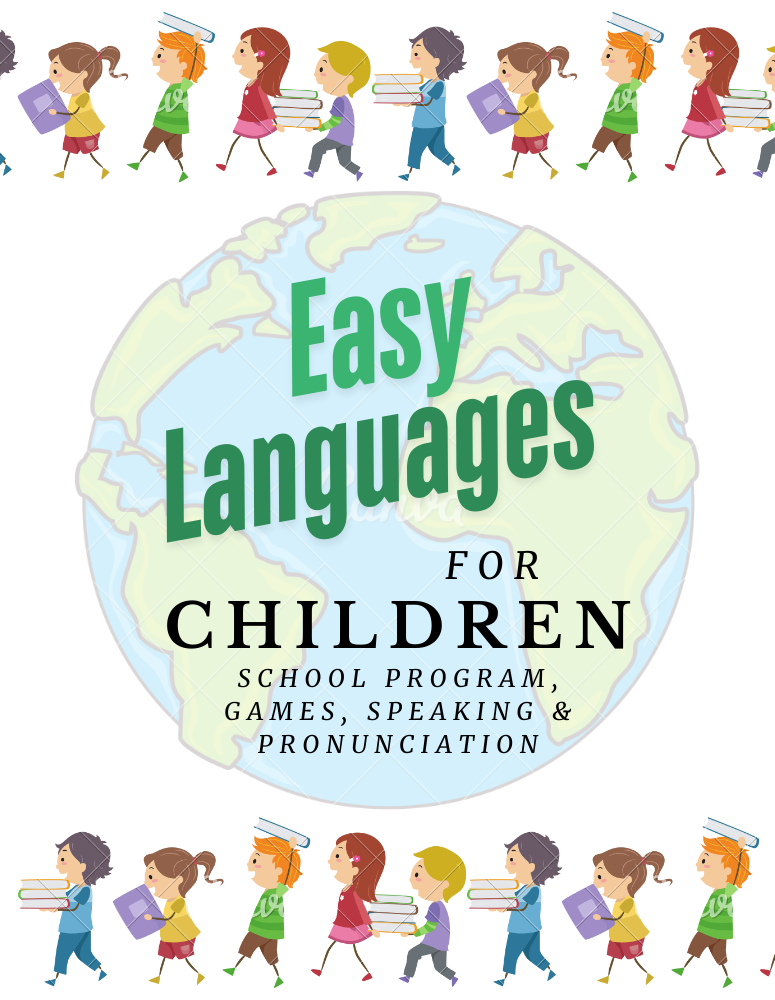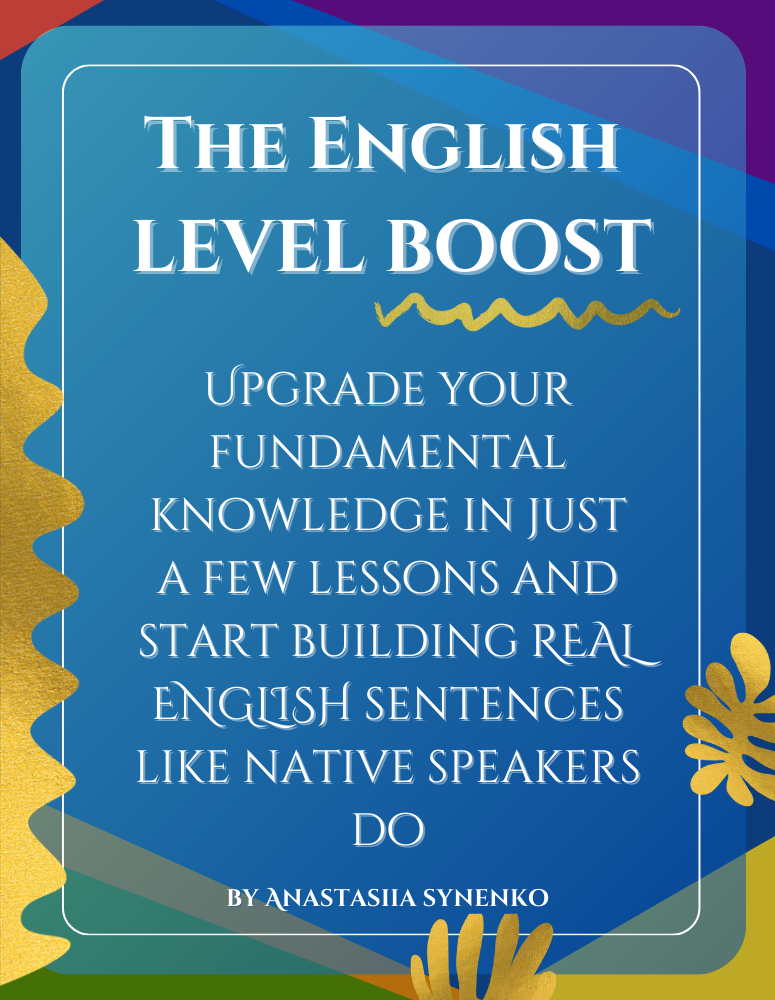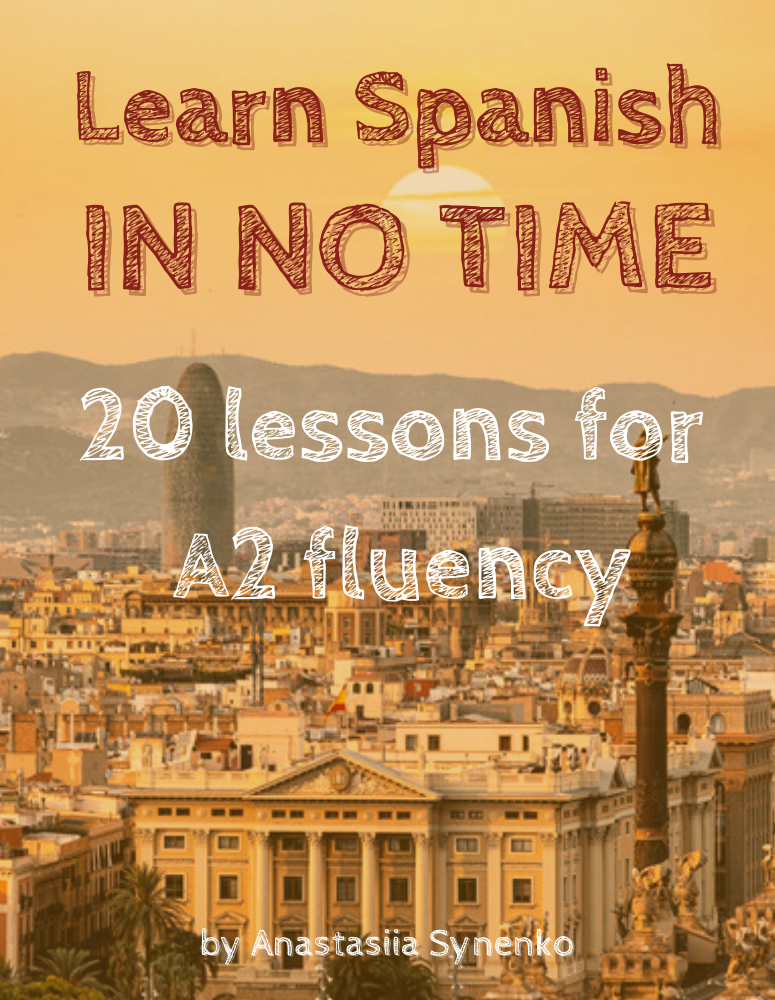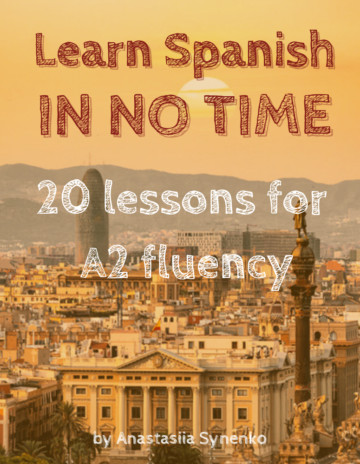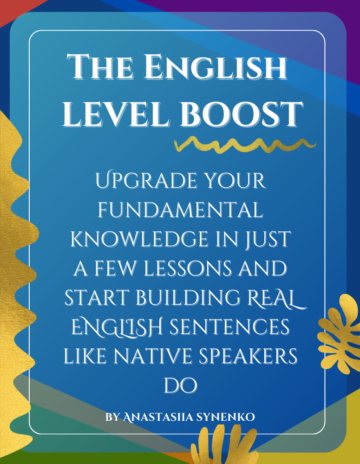The German Grammar and Real Speaking Everything about the German verbs
In this part of LangLandia you will find:
- Everything you need to know about the German verbs
- The lists of German verbs by level (A1, A2, B1, B2, C1)
- The use of the German verbs with examples
- The German tenses with examples and exercises
DO WHAT WORKS BETTER AND SEE THE RESULTS
DISSOLVE ALL YOUR LANGUAGE BARRIERS NOW
Everything about the German verbs The complete German verbs overview
1. General overview and your first German verbs in Present
- TO BE (sein)
- TO HAVE (haben)
- Your first 50 German verbs
- Your 300 must-know verbs for fluency
- The Use of “sein” and “haben” as Auxiliary Verbs
2. Strong, regular, irregular, modal, reflexive German verbs
- Strong Verbs (Unregelmäßige Verben)
- Regular Verbs (Regelmäßige Verben)
- Irregular Verbs (Unregelmäßige Verben)
- Verbs with Vowel Changes (a → ä, e → i, etc.)
- Modal Verbs (können, dürfen, müssen, sollen, wollen, mögen)
- Reflexive Verbs (sich + verb)
3. Separable and inseparable German verbs
- Separable Verbs (abfahren, ankommen, etc.)
- Inseparable Verbs (verstehen, bekommen, etc.)
- Verbs with Prepositions (warten auf, denken an, etc.)
- Verbs with “ge-” Prefix in Present Tense (uncommon cases)
4. The Participles
Partizip I
adding -d to the infinitive form of the verb. It can function as an adjective and changes accordingly, or be used in relative clauses.
- Die singende Frau ist meine Mutter. (The singing woman is my mother.)
- Der laufende Hund ist schnell. (The running dog is fast.)
- Ich habe den interessierenden Artikel gelesen. (I have read the interesting article.)
Partizip II
… is used to form the Perfekt, Plusquamperfekt, and Passiv. It often involves irregular verb forms and usually ends in -t or -en.
- Ich habe das Buch gelesen. (I have read the book.)
- Sie ist nach Hause gefahren. (She has gone home.)
- Wir haben die Aufgaben gemacht. (We have done the tasks.)
5. The Gerund & “WHILE”
- What is Gerund and its formation
- Beim
- Während
- Indem
6. Special Cases
- Verb-Noun Combinations in the Present (e.g., “ein Buch lesen”, “Hausaufgaben machen”)
7. The German Tenses
1. Present Tense (Präsens)
Ich gehe jeden Tag zur Schule. (I go to school every day.)
Expressing Future Actions in Present Tense (e.g., “Ich gehe morgen einkaufen” – I am going shopping tomorrow)
2. Past Tense (Präteritum)
Er spielte den ganzen Nachmittag Fußball. (He played football all afternoon.)
3. Present Perfect (Perfekt)
Wir haben das Buch schon gelesen. (We have already read the book.)
4. Past Perfect (Plusquamperfekt)
Bevor er ankam, hatte sie das Haus verlassen. (Before he arrived, she had left the house.)
5. Future Tense (Futur I)
Ich werde morgen arbeiten. (I will work tomorrow.)
6. Future Perfect (Futur II)
Bis nächste Woche wird er das Projekt abgeschlossen haben. (By next week, he will have completed the project.)
Speaking Exercises for Current Students:
8. The German Moods
Indicative Mood (states facts or asks questions)
- She works at the bank downtown.
- They are traveling to Spain next month.
Imperative Mood (gives commands or requests)
- Close the door, please.
- Tell me what happened yesterday.
Subjunctive Mood (expresses wishes, hypotheticals, demands)
- I wish I were taller.
- The teacher insisted that he submit his assignment on time.
Interrogative Mood (asks questions)
- Have you seen my keys?
- When does the concert begin?
Conditional Mood (expresses hypothetical situations)
- If I had more money, I would buy a new car.
- She would have attended the party if she hadn’t been sick.
9. Active and Passive Voice
Active Voice
- Someone DOES something
- The doer comes first in the sentence
- Example: “Mom bakes cookies.” (Mom is doing the baking)
- Example: “I wrote the letter.” (I did the writing)
Passive Voice
- Something is BEING DONE to someone/something
- The receiver of the action comes first
- Example: “Cookies are baked by Mom.” (Cookies are receiving the action)
- Example: “The letter was written by me.” (Letter received the writing)
10. The Compound Sentences & The Sequence of Tenses & Question Words & Relative Clause
Compound Sentences
- Two complete sentences joined together
- Connected by words like: and, but, or, so
- Example: “I ate lunch, and then I took a nap.”
Sequence of Tenses
- How verb times match in sentences
- If main sentence is past, other parts usually use past tense too
- Example: “She said she was tired” (not “She said she is tired”)
Question Words
- Words that start questions: who, what, when, where, why, how
- They help ask for specific information
- Example: “Where did you go?” “What is your name?”
Relative Clauses
- Add extra information about a person or thing
- Use words like: who, which, that
- Example: “The man who lives next door is friendly.”
- Example: “The book that I bought is interesting.”
Speaking Practice
- Reinforce grammar structures right when your brain is ready to absorb them
- Introduce vocabulary in memorable, meaningful contexts
- Train your mouth muscles to form sounds that previously felt impossible
- Build your confidence through progressive challenges that guarantee success
Speaking Exercises for Current Students:
Why It Works When Nothing Else Does
Traditional approaches separate grammar, vocabulary, and speaking into isolated exercises. But that’s not how language actually works in your brain! My integrated system mirrors how children naturally acquire language—through meaningful practice where everything connects.
The carefully sequenced speaking exercises create what I call “language muscle memory,” where correct patterns become automatic rather than requiring conscious thought.
YOU can speak German with confidence. YOU can overcome the hesitation that’s been holding you back. Let me show you how this revolutionary approach will completely transform your German learning perception!
Your First 1000 World Lists with Speaking Exercises:
All Our Books and Courses Start Today to Start Speaking TODAY
How to learn a language and be fluent in 90 days
Everything you need to know about mastering any language in the simplest way
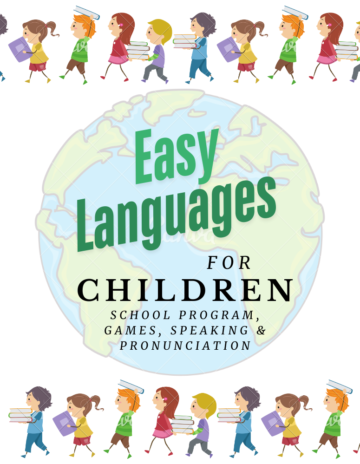
Fun & Engaging Online Classes for Children
Private classes for your children to ensure their love for language learning, success at school and in life!
Test your level for FREE, learn more about the COURSE CONTENT
Spanish for Beginners – Speak from the First Class
Learn easily the basics, reading, pronunciation, acquire the necessary vocabulary and simply practice speaking! Everybody can do that!
Test your level for FREE, learn more about the COURSE CONTENT
The English Level BOOST
The special GRAMMAR and SENTENSE building program to quickly make you speak like a PRO (2-5 lessons of theory + exercises to practice)
Test your level for FREE, learn more about the COURSE CONTENT
French Quick Start Course
The program of 8 initial classes for your perfect foundation + 12 special lessons to practice fluent speaking. As easy as that.
Test your level for FREE, learn more about the COURSE CONTENT
Italian Easy Course
The easiest language to learn, the most exciting course with various materials to make your Italian learning the most pleasant experience.
Test your level for FREE, learn more about the COURSE CONTENT
Master Your Perfect Vocabulary In Private Classes
150 Essential Topics with Speaking Training Exercises for Absolute Language Fluency
🌟 The Most Comprehensive and Effective Language Learning System
🌟 From Beginner to Advanced Fluency
🌟 Texts & Exercises for Confident Communication and Quick Results
Begin mastering 150 carefully curated topics that cover every aspect of real-world communication!
Your Perfect Wordlists for Levels A1, A2 and B1
🌟 Your first 500* priority words for level A1: English, Spanish, French, Italian, German, Polish
🌟 Your first 1000* priority words for level A2: English, Spanish, French, Italian, German, Polish
🌟 Your first 4000* priority words for level B1: English, Spanish, French, Italian, German, Polish


